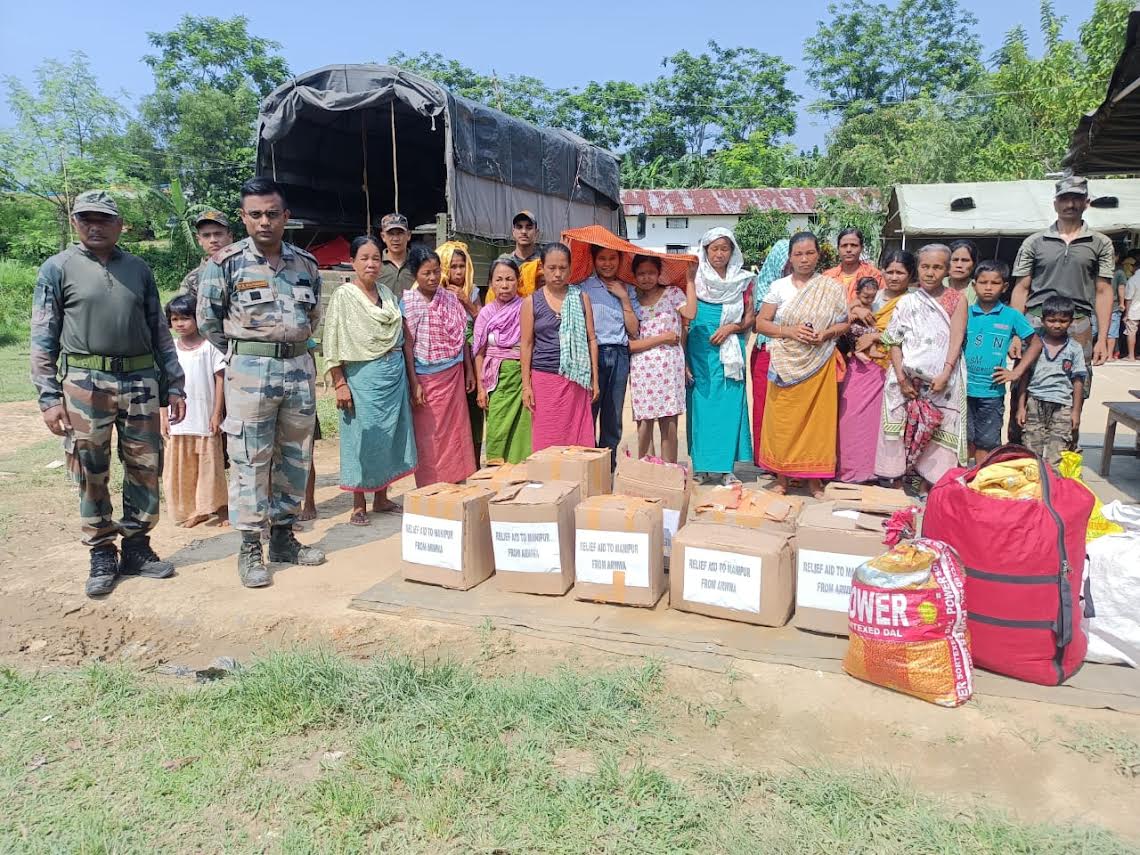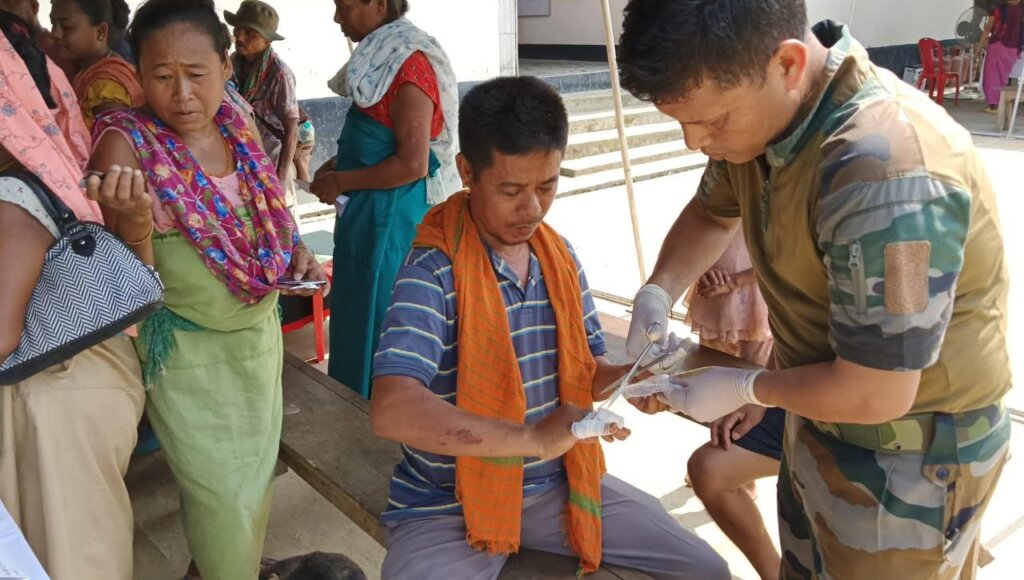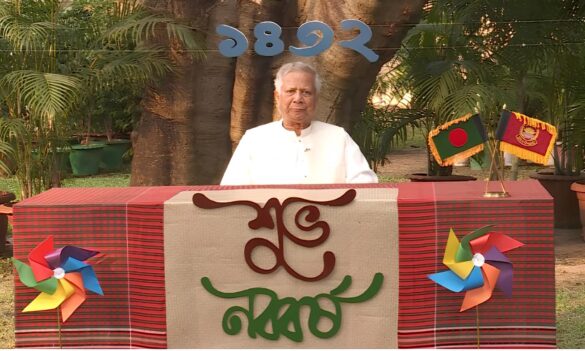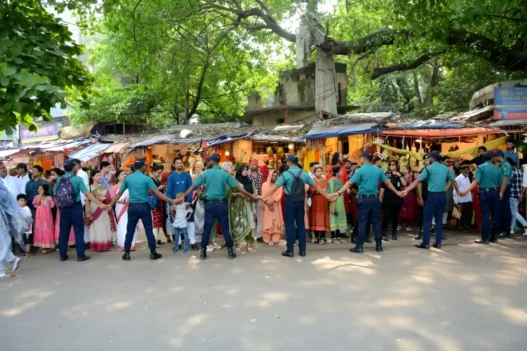The heat is clearly on Manipur Chief Minister Biren Singh, particularly in light of the recent Jiribam incident following the poor showing at the Lok Sabha elections. The Jiribam event has further exposed the government’s struggle to restore normalcy in Manipur, a state beleaguered by communal violence over the past year.
Jiribam district, home to a diverse population including Meiteis, Nagas, Kukis, Zomis, Muslims, and non-Manipuris, has been on edge following the burning down of tribal houses by irate mobs upon the discovery of a 59-year-old farmer Soibam Saratkumar Singh lifeless body on June 6. Despite no new incidents reported in the past 24 hours, the district remains tense. Government officials claim the situation is under control, but the presence of combined security forces, including Assam Rifles and state police commandos, underscores the fragile peace.

Chief Minister Singh’s handling of the situation has come under severe criticism, especially after his own security convoy was attacked, raising questions about security lapses and governance. Even his party members have questioned the efficiency and impartiality of the police and security forces under his leadership.
The incident escalated quickly, drawing in armed factions from both communities and resulting in casualties and significant property damage. The central government responded by dispatching additional paramilitary forces and initiating an independent investigation, though the effectiveness of these measures remains to be seen.
Broader implications and pathways to peace
The Jiribam incident has profound implications for Manipur’s socio-political landscape. It starkly highlights the persistent ethnic tensions and political complexities that have plagued the state for decades. Despite numerous peace processes and negotiations, the issues of ethnic identity, land rights, and political representation remain unresolved, easily igniting violence.
The violence in Jiribam has severely strained inter-community relations, particularly between the Meitei and Kuki-Zomi-Hmar communities. Rebuilding trust will require sustained, genuine dialogue, a daunting task given the historical animosities. The involvement of militant groups in the violence underscores the urgent need for a comprehensive disarmament and demobilization strategy. Without addressing the influence of these groups, lasting peace will remain an elusive goal.
Chief Minister Singh’s administration faces mounting criticism not only for its immediate response to the Jiribam incident but also for its broader failure to maintain peace and security in Manipur. The need for an inclusive political process is evident. Ensuring fair representation for all ethnic groups in the state government could mitigate feelings of marginalization and disenfranchisement. Additionally, establishing a land commission with representatives from all communities could provide a transparent mechanism for resolving land disputes and overseeing equitable land reforms.
Disarmament and demobilization efforts must be prioritized, with support from civil society and international organizations, to reintegrate former militants into mainstream society. This process should include vocational training, employment opportunities, and psychological support to reduce the allure of militancy. Strengthening the rule of law and ensuring accountability for human rights abuses are also essential steps towards restoring faith in the state’s security apparatus.
Promoting inter-community dialogue and understanding is vital for long-term peace. Initiatives that foster social cohesion and mutual respect, such as educational programs, cultural exchanges, and community-led peacebuilding efforts, can help bridge divides and heal historical wounds. The lessons learned from the Jiribam incident can guide similar efforts in other parts of Northeast India, contributing to regional stability and development.
Independent observers who have been following the incidents in Manipur closely are of the opinion that addressing the immediate and underlying causes of the Jiribam violence requires “a holistic approach involving political reforms, economic development, disarmament, and social cohesion initiatives.”
While the road to lasting peace in Manipur is fraught with challenges, a concerted effort by the government, civil society, and the affected communities can pave the way for a more peaceful and prosperous future. The Jiribam incident serves as a poignant reminder of the urgent need for comprehensive solutions to the deep-seated issues that continue to threaten peace and stability in the region.
Meanwhile, the Assam Rifles have been instrumental in providing essential services to the internally displaced persons (IDPs) from Jiribam, organizing medical camps and distributing relief materials. This humanitarian assistance has been crucial in addressing the immediate needs of the displaced families, offering medical care, rations, clothing, and hygiene kits.







